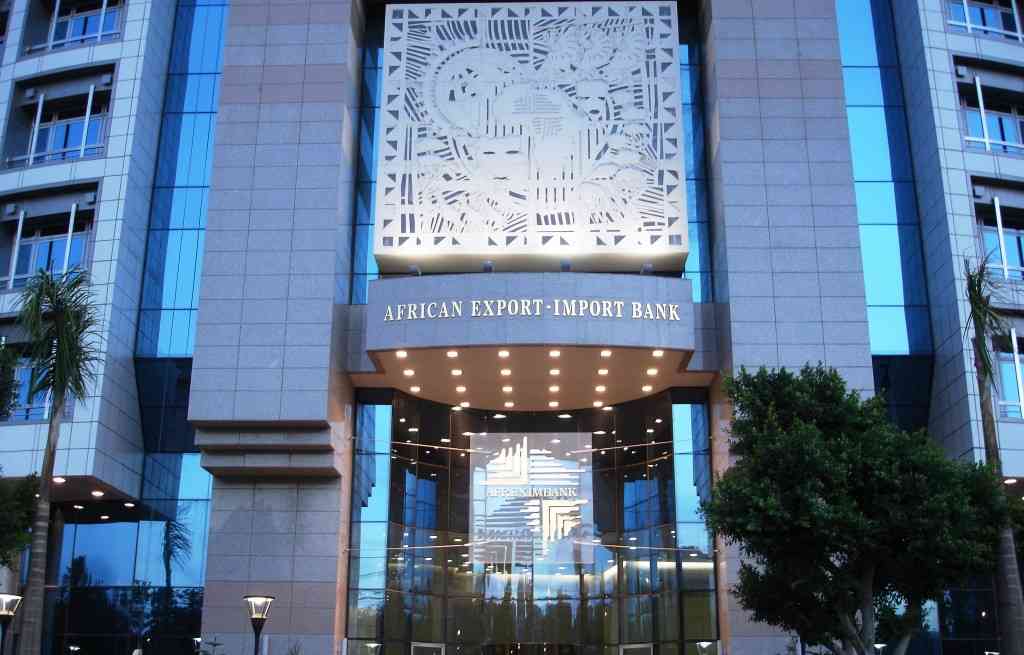
THE Financial Securities Exchange (Finsec) is introducing an invoice discounting service through its Growth Enterprise Market (GEM) portal, a strategic move aimed at easing short-term financing constraints for small and medium enterprises (SMEs) and helping them build credit histories for future capital raising.
The initiative seeks to bridge a long-standing funding gap for Zimbabwe’s SMEs, many of which struggle to access traditional bank loans due to lack of collateral or formal financial records.
Under the new service, businesses will be able to convert outstanding invoices into immediate cash, providing much-needed liquidity to manage working capital and cushion against delayed payments.
Finsec chief executive officer Collen Tapfumaneyi said the decision to anchor the service on the GEM portal was driven by the need to make capital markets more inclusive.
“That is how we came up with the idea to say let us utilise the GEM portal to first avail short-term capital that is required by enterprises, and we identified invoice discounting as one such area,” Tapfumaneyi told businessdigest in an interview.
He said the model was designed to create a pathway for SMEs to eventually access long-term financing.
“The beauty about doing it that way is that we are then able to now assist these companies on short-term debt instruments around invoice discounting and enable them to build a track record. That then will enable them to access long-term patient capital,” Tapfumaneyi said.
Launched in 2020, the GEM portal is a digital platform designed by Finsec to help SMEs and high-growth enterprises access both debt and equity capital.
- ZMX to enhance farm profitability
- ZMX to enhance farm profitability
- ZSE All Share Index declines
- Ponzi schemes threaten Zim capital markets
Keep Reading
Last month, the alternative exchange announced plans to revive and strengthen the portal as part of its renewed focus on SME financing.
The push for alternative financing models comes against the backdrop of Zimbabwe’s largely informal economy. According to the Zimbabwe National Statistics Agency, 76,1% of the country’s 204 798 operational establishments are informal, a sector the central bank values at over US$8 billion.
Tapfumaneyi said this structural reality underscored the need for innovative financing solutions.
“The key issue here is that we have identified a very big funding gap for our sort of up-and-coming enterprises. There are a lot of enterprises in this country, and as you know, to produce a meaningful product, you need meaningful investment, and you need scale,” he said.
“That is the only way you can actually succeed in terms of the growth of an enterprise, and that is the only way we can also try to be competitive enough to also impact markets beyond Zimbabwe.
“But, without the capital, we are constrained, and most of our entrepreneurs are forced to dig deep into their pockets to finance business. Now, that is not sustainable.”
He added that traditional capital market structures often did not cater effectively to smaller businesses.
“We felt that as capital markets, we need to do more to be able to speak to the obvious demand or need that is there ... We feel that model may not be very suitable for smaller emerging enterprises, which significantly contribute to this economy,” he said.
“So, there ought to be an innovative way of making it easier for them to access capital markets. This is why we came up with the concept of a GEM portal.”
Through the new invoice discounting service, suppliers will now be able to secure funding against pending invoices, sustaining operations and scaling production, part of Finsec’s broader drive to foster a more dynamic and resilient economic landscape.











